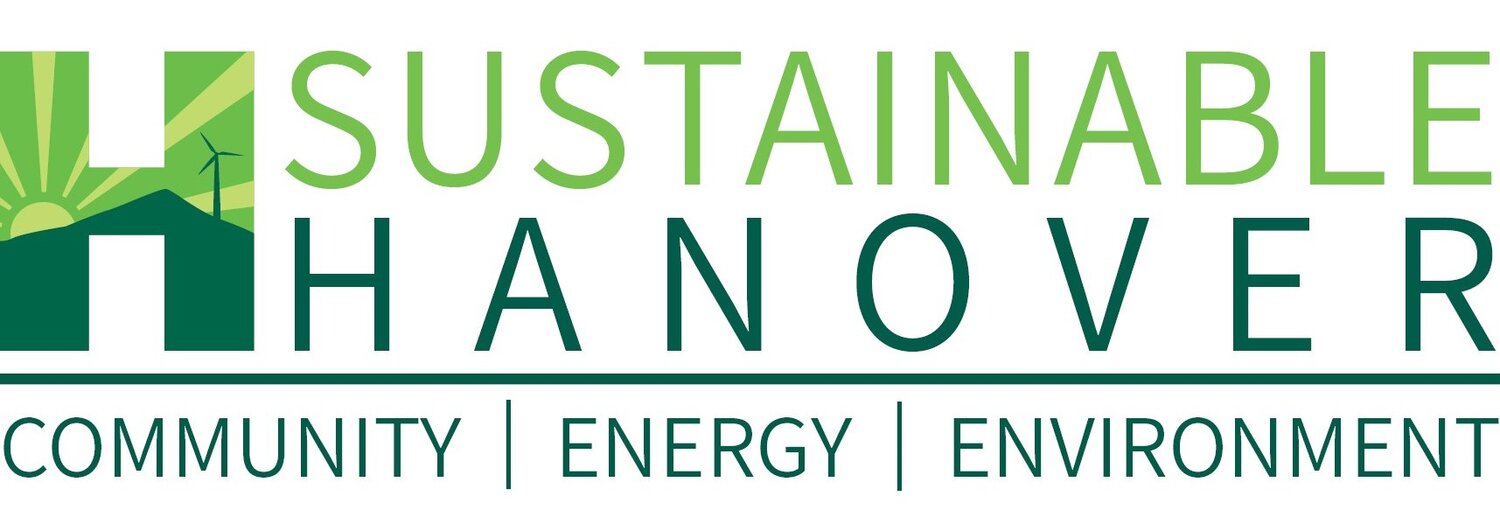Inching Forward with LEAP!
Dartmouth Students associated with the Cook Engineering Design Center’s LEAP Program (Learn Engineering Through Applied Projects) recently completed a two-term project looking at the feasibility of decarbonizing residential energy use through geo-exchange microgrids. Under the supervision of Professor Emily Monroe, freshmen Eden Gray, Caleb Frank, and Declan Schilling and senior Nathan McAllister concluded that this form of low emissions heating could be a viable alternative to furnaces fueled by oil or propane, paying for itself in 20 to 25 years. This finding may be critical in Hanover reaching one of its 2050 goals – 100% renewable heating and cooling town-wide.
Inspired by Dartmouth’s Climate Collaborative Initiative announced by President Beilock in April 2024, Sustainable Hanover (SH) established a team last fall to identify projects that might both further SH’s goals and provide valuable learning for Dartmouth students. Member Chris Kennedy expressed interest in exploring the feasibility of a geo-exchange microgrid in his Kingston Road neighborhood. Once several of his neighbors agreed to share their energy consumption data, Emily Monroe deemed it an attractive and appropriate project for her students. Upon request from SH member Jennie Chamberlain, Emily added consideration of a micro-grid in the School Street neighborhood.
To inform this work, SH member Gail Gentes reached out to Dartmouth graduate and Hanover resident Dan Bernstein to see if students might tour his geothermally heated home. Dan graciously agreed. Being able to view a newly built home with a geothermal exchange system proved enormously helpful.
Deliverables for this project included a presentation to SH at its May meeting and a comprehensive poster summarizing learning first presented at the Wetterhahn Undergraduate Research Symposium held at the Hanover Inn on May 27th and then made available to SH.
Sustainable Hanover is grateful to these students and Emily for their great work. We hope to continue collaborating with the Cook Center to build upon this knowledge. For example, is geo-exchange feasible for a condominium complex or even a set of businesses located close to one another?
Perhaps you have an idea for the next LEAP student project. If so, please do share!

